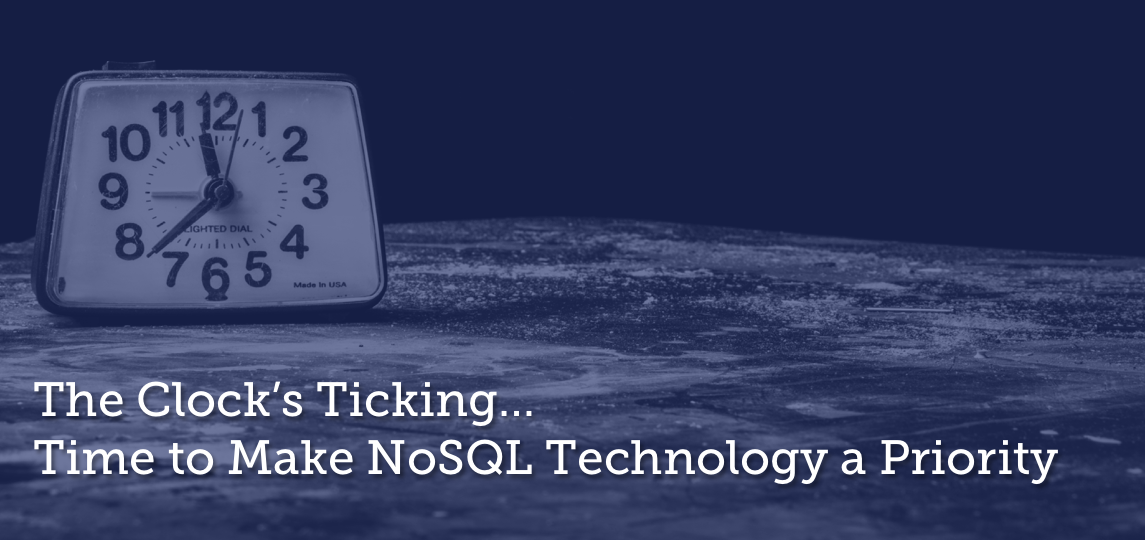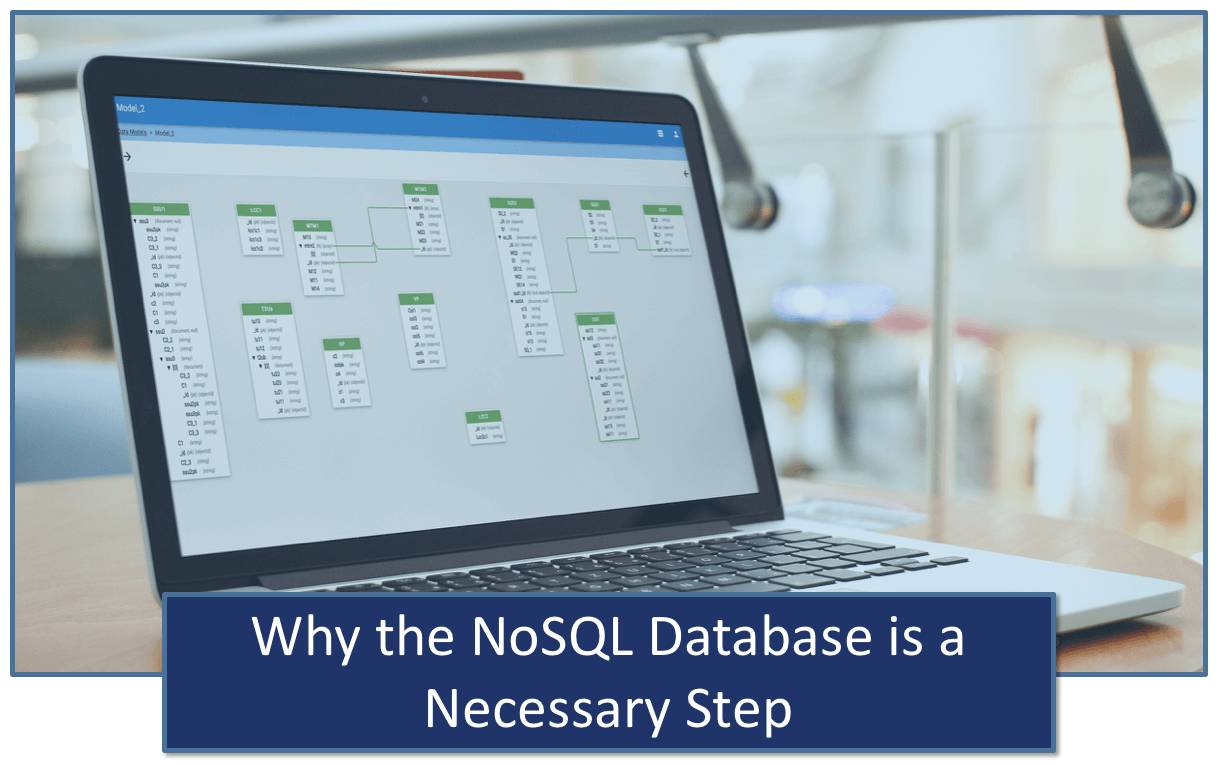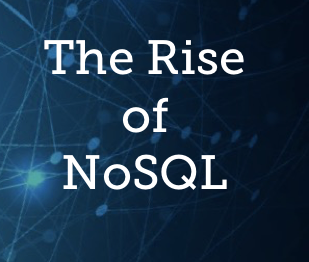As the amount of data enterprises are tasked with managing increases, the benefits of NoSQL technology are becoming more apparent.


As the amount of data enterprises are tasked with managing increases, the benefits of NoSQL technology are becoming more apparent.

NoSQL database technology is gaining a lot of traction across industry. So what is it, and why is it increasing in use?
Techopedia defines NoSQL as “a class of database management systems (DBMS) that do not follow all of the rules of a relational DBMS and cannot use traditional SQL to query data.”
The rise of NoSQL can be attributed to the limitations of its predecessor. SQL databases were not conceived with today’s vast amount of data and storage requirements in mind.
Businesses, especially those with digital business models, are choosing to adopt NoSQL to help manage “the three Vs” of Big Data: increased volume, variety and velocity. Velocity in particular is driving NoSQL adoption because of the inevitable bottlenecks of SQL’s sequential data processing.
MongoDB, the fastest-growing supplier of NoSQL databases, notes this when comparing the traditional SQL relational database with the NoSQL database, saying “relational databases were not designed to cope with the scale and agility challenges that face modern applications, nor were they built to take advantage of the commodity storage and processing power available today.”
With all this in mind, we can see why the NoSQL database market is expected to reach $4.2 billion in value by 2020.
We can expect the adoption of NoSQL databases to continue growing, in large part because of Big Data’s continued growth.
And analysis indicates that data-driven decision-making improves productivity and profitability by 6%.
Businesses across industry appear to be picking up on this fact. An EY/Nimbus Ninety study found that 81% of companies understand the importance of data for improving efficiency and business performance.
However, understanding the importance of data to modern business isn’t enough. What 100% of organizations need to grasp is that strategic data analysis that produces useful insights has to start from a stable data management platform.
Gartner indicates that 90% of all data is unstructured, highlighting the need for dedicated data modeling efforts, and at a wider level, data management. Businesses can’t leave that 90% on the table because they don’t have the tools to properly manage it.
This is the crux of the Any2 data management approach – being able to manage “any data” from “anywhere.” NoSQL plays an important role in end-to-end data management by helping to accelerate the retrieval and analysis of Big Data.
The improved handling of data velocity is vital to becoming a successful digital business, one that can effectively respond in real time to customers, partners, suppliers and other parties, and profit from these efforts.
In fact, the velocity with which businesses are able to harness and query large volumes of unstructured, structured and semi-structured data in NoSQL databases makes them a critical asset for supporting modern cloud applications and their scale, speed and agile development demands.
For more data advice and best practices, follow us on Twitter, and LinkedIn to stay up to date with the blog.
For a deeper dive into Taking Control of NoSQL Databases, get the FREE eBook below.

Traditionally, most organizations have leveraged relational databases to manage their data. Relational databases ensure the referential integrity, constraints, normalization and structured access for data across disparate tools, which is why they’re so widely used.
But as with any technology, evolving trends and requirements eventually push the limits of capability and suitability for emerging business use cases.
New data sources, characterized by increased volume, variety and velocity have exposed limitations in the strict relational approach to managing data. These characteristics require a more flexible approach to the storage and provisioning of data assets that can support these new forms of data with the agility and scalability they demand.
Technology – specifically data – has changed the way organizations operate. Lower development costs are allowing start ups and smaller business to grow far quicker. In turn, this leads to less stable markets and more frequent disruptions.
As more and more organizations look to cut their own slice of the data pie, businesses are more focused on in-house development than ever.
This is where relational data modeling becomes somewhat of a stumbling block.
More and more, application developers are turning to the NoSQL database.
The NoSQL database is a more flexible approach that enables increased agility in development teams. Data models can be evolved on the fly to account for changing application requirements.
This enables businesses to adopt an agile system to releasing new iterations and code. They’re scalable and object oriented, and can also handle large volumes of structured, semi-structured and unstructured data.
Due to the growing deployment of NoSQL and the fact that our customers need the same tools to manage them as their relational databases, erwin is excited to announce the availability of a beta program for our new erwin DM for NoSQL product.
With our new erwin DM NoSQL option, we’re the only provider to help you model, govern and manage your unstructured cloud data just like any other traditional database in your business.
Then erwin DM NoSQL is the right solution for you. Click here to apply for our erwin DM NoSQL/MongoDB beta program now.
And look for more info here on the power and potential of NoSQL databases in the coming weeks.

With NoSQL data modeling gaining traction, data governance isn’t the only data shakeup organizations are currently facing.